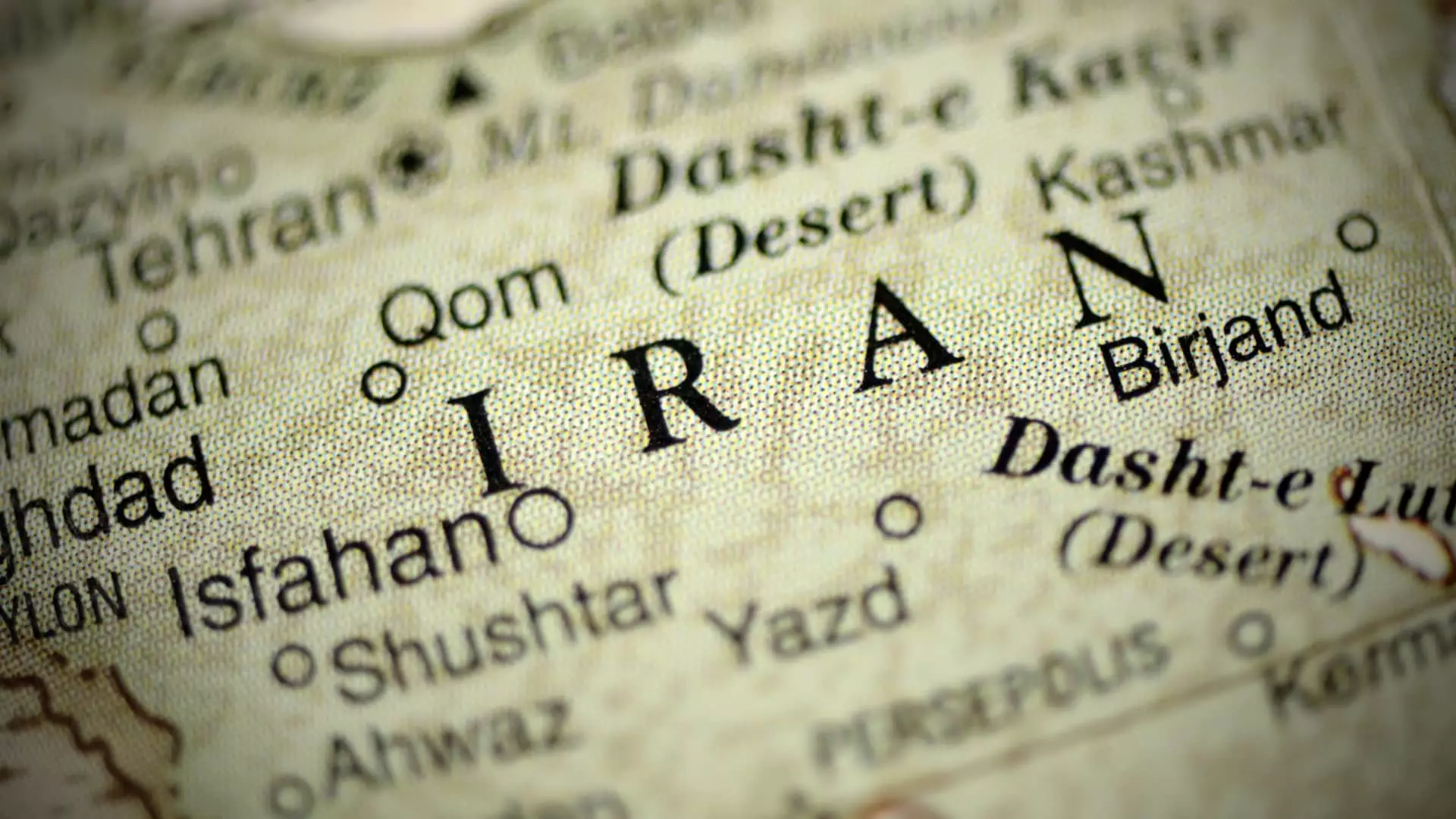Recent tensions between Israel and Iran have escalated due to a series of provocations and retaliatory actions, culminating in a missile barrage fired by Iran on October 1. This assault was reportedly in response to Israel’s military actions in Lebanon, which included the targeted killing of prominent figures associated with Iranian-backed groups. As both nations position themselves for further action, the political and military implications of Israel’s forthcoming response have captured global attention, drawing speculation and concern from allied nations, particularly the United States.
Analysts believe that Israel has narrowed its focus regarding potential targets for retaliation, emphasizing Iranian military and energy infrastructures while excluding nuclear sites and assassination attempts. Such a tactical approach is indicative of a broader strategic calculation, rooted in the desire to avoid a direct escalation that could spiral out of control. However, the concrete details of Israel’s plans remain closely guarded, raising questions about both the timing and scope of any intended military action.
The immediate aftermath of Iran’s missile strike has placed Israeli officials in a delicate position. Although the Israel Defense Forces (IDF) stand poised for action, there remains a significant lack of consensus on when and how to respond. While certain U.S. officials have indicated that a possible response could align with the Yom Kippur holiday, the absence of clear information has only intensified regional anxiety.
The U.S. has received limited insight into Israel’s operational timelines, which further complicates the picture. Without specificity on targets or timelines, analysts are left to speculate on the nature of Israel’s response and its implications for regional stability. The existing ambiguity serves not only to heighten tensions but also underscores the complexity involved in deterring Iranian aggression while maintaining a semblance of operational security.
The U.S. finds itself in a complicated position as an ally of Israel, particularly in this volatile scenario. American officials have publicly urged Israel to keep any retaliatory strikes proportional, focusing strictly on military entities and avoiding civilian infrastructure such as oil and gas facilities. The call for restraint reflects a cautious U.S. stance, one that seeks to mitigate a potentially disastrous escalation in the region.
Discussions between U.S. Secretary of Defense Lloyd Austin and Israeli Defense Minister Yoav Gallant were labeled as broad exchanges rather than detailed strategic briefings. This lack of transparency raises questions about the extent of coordination between the two nations and whether the U.S. intends to play a more active role beyond providing defensive measures for its assets in the region.
Another critical element of this unfolding scenario is the humanitarian aspect that President Biden highlighted in his recent discussions with Prime Minister Netanyahu. The ongoing humanitarian crisis in Gaza and Lebanon, exacerbated by military actions, presents an urgent ethical dilemma for Israeli leaders. Biden’s insistence on addressing these humanitarian issues suggests an awareness that prolonged conflict could lead to significant civilian suffering, further complicating Israel’s operational objectives.
Israel’s strategic approach must navigate the fine line between fulfilling military objectives and maintaining international legitimacy in its response. The urgency to contain Iranian influence in Lebanon and beyond must be balanced with the need for humanitarian considerations, lest the situation deteriorate into a wider humanitarian disaster that draws disproportionate criticism from the global community.
As Israel prepares to respond to Iranian provocations, the implications of its decisions extend far beyond immediate military outcomes. The delicate balance of power in the Middle East, intertwined with humanitarian concerns and international relations, complicates the roadmap for action. The ability of both Israel and the United States to manage this crisis through diplomacy, strategic restraint, and coordinated efforts will significantly impact not only their respective national interests but also the broader quest for stability in a historically volatile region.
The ongoing dialogue and military readiness paint a picture of a region on edge, with all parties acutely aware of the potential fallout from miscalculated responses. Consequently, the world watches closely as the fate of this critical geopolitical struggle hangs in the balance, highlighting the overarching need for a diplomatic solution that prioritizes both security and humanitarian needs.


Leave a Reply